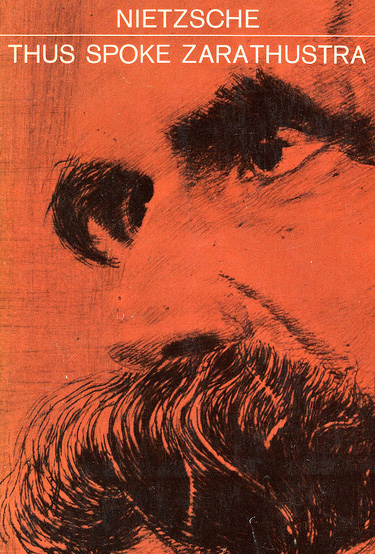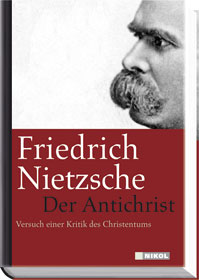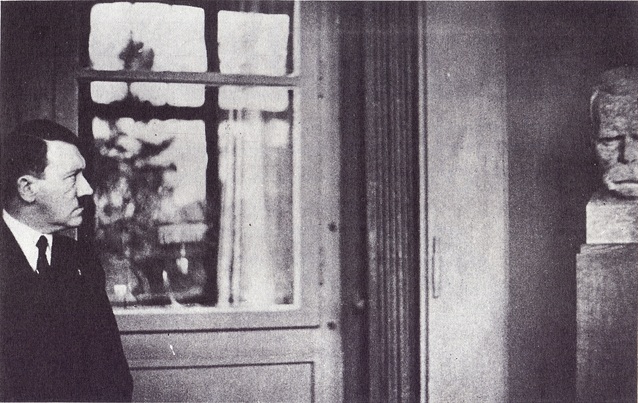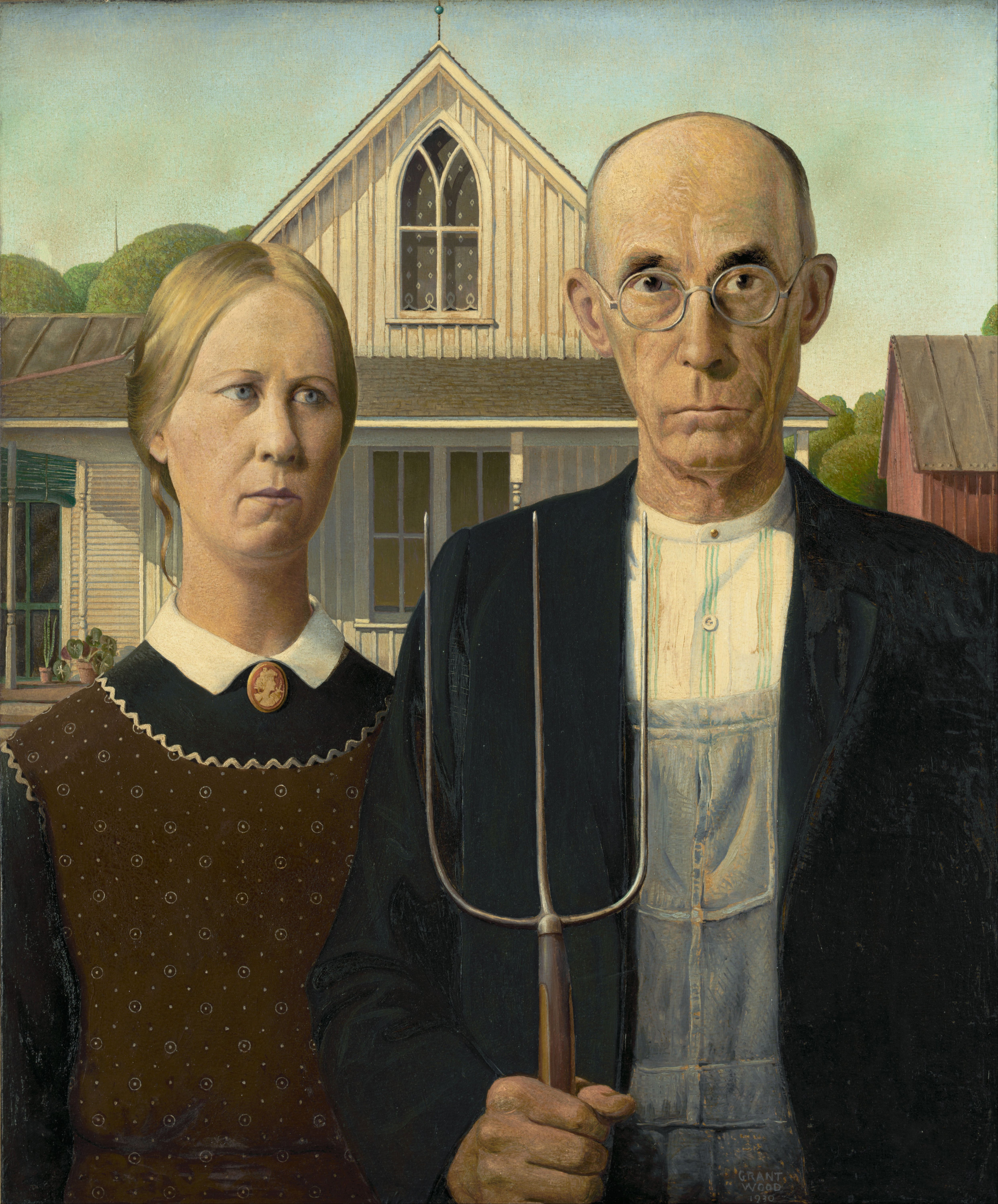2
Zarathustra climbed down alone from the mountains and encountered no one. But when he came to the woods suddenly an old man stood before him, who had left his saintly hut in search of roots in the woods.[1] And thus spoke the old man to Zarathustra:
“This wanderer is no stranger to me: many years ago he passed by here. Zarathustra he was called; but he is transformed.
Back then you carried your ashes to the mountain[2]: would you now carry your fire into the valley? Do you not fear the arsonist’s punishment?
Yes, I recognize Zarathustra. His eyes are pure, and no disgust is visible around his mouth.[3] Does he not stride like a dancer?
Zarathustra is transformed, Zarathustra has become a child, an awakened one[4] is Zarathustra. What do you want now among the sleepers?
You lived in your solitude as if in the sea, and the sea carried you. Alas, you want to climb ashore? Alas, you want to drag your own body again?”
Zarathustra answered: “I love mankind.”
“Why,” asked the saint, “did I go into the woods and the wilderness in the first place? Was it not because I loved mankind all too much?
Now I love God: human beings I do not love. Human beings are too imperfect a thing for me. Love for human beings would kill me.”
Zarathustra replied. “Why did I speak of love? I bring mankind a gift.”
“Give them nothing,” said the saint. “Rather take something off them and help them to carry it – that will do them the most good, if only it does you good!
And if you want to give to them, then give nothing more than alms, and make them beg for that too!”
“No,” answered Zarathustra. “I do not give alms. For that I am not poor enough.”
The saint laughed at Zarathustra and spoke thus: “Then see to it that they accept your treasures! They are mistrustful of hermits and do not believe that we come to give gifts.
To them our footsteps sound too lonely in the lanes. And if at night lying in their beds they hear a man walking outside, long before the sun rises, they probably ask themselves: where is the thief going?[5]
Do not go to mankind and stay in the woods! Go even to the animals instead! Why do you not want to be like me – a bear among bears, a bird among birds?”
“And what does the saint do in the woods?” asked Zarathustra.
The saint answered: “I make songs and sing them, and when I make songs I laugh, weep and growl: thus I praise God.
With singing, weeping, laughing and growling I praise the god who is my god. But tell me, what do you bring us as a gift?”
When Zarathustra had heard these words he took his leave of the saint and spoke: “What would I have to give you! But let me leave quickly before I take something from you!” – And so they parted, the oldster and the man, laughing like two boys laugh.
But when Zarathustra was alone he spoke thus to his heart: “Could it be possible! This old saint in his woods has not yet heard the news that God is dead!” [6] –
______________________
The above German-English translation by Adrian del Caro is taken from Thus Spoke Zarathustra (Cambridge University Press, 2006). This Cambridge edition lacks the more detailed notes by Andrés Sánchez-Pascual in Así Habló Zaratustra (Madrid: Alianza Editorial, 2014). I have translated Sánchez-Pascual’s notes to English.
Notes:
[1] By the end of the work the retired pope will come looking for him and find dead this old hermit; see in the fourth part, “Retired.”
[2] See, in this first part, “On the Hinterworldly,” and “On the Way of the Creator,” and in the second part, “The Soothsayer,” where reference to ashes reappears. The ash is symbol of cremation and rejection of false juvenile ideals.
[3] The purity of the eyes and the absence of disgust in the mouth are attributes of Zarathustra referred on numerous occasions; see, for example, in the second part, “On the Sublime Ones,” and the fourth, “The Voluntary Beggar.”
[4] The “awakened one” is a common epithet of Buddha, which applies here to Zarathustra.
[5] A reference to Thessalonians 5: 2, “For you yourselves know very well that the day of the Lord will come like a thief in the night.”
[6] The idea of the death of God, which runs through the whole work, and the ignorance by the hermit saint, will be a topic of conversation between Zarathustra and the retired pope when both speak and the hermit has died. See, in the fourth part, “Retired.”








